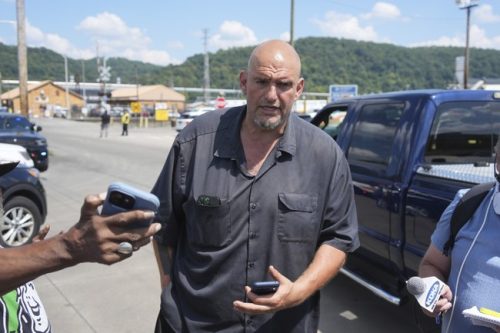A Bosnian-born naturalized U.S. citizen has admitted in federal court that she lied about wartime conduct to secure American citizenship, pleading guilty to procuring citizenship by deception and facing a sentencing hearing next year.
Nada Radovan Tomanic, 53, pleaded guilty on Nov. 10 to charges tied to lying during her naturalization process. Authorities say those lies were used to hide violent conduct she took part in during the 1990s conflict in Bosnia and Herzegovina. The case centers on the integrity of the immigration system and public safety concerns tied to fraudulently obtained citizenship.
Court records state Tomanic served with the Zulfikar Special Unit of the Army of Bosnia and Herzegovina in the 1990s, and that she, along with other members of that unit, participated in the physical and psychological abuse of Bosnian Serb civilian prisoners. Prosecutors say those actions included conduct amounting to the infliction of serious bodily harm under laws then in force. Those wartime allegations are the foundation of the government’s allegation that she concealed violent crimes when applying for U.S. citizenship.
“The defendant obtained the privileges of U.S. citizenship through lies and deceit, concealing the violent crimes she committed in Bosnia and Herzegovina,” said Acting Assistant Attorney General Matthew R. Galeotti of the Justice Department’s Criminal Division. That statement underscores the Justice Department’s position that falsifying material facts to gain citizenship is a serious federal offense. It also signals a focused approach on cases where alleged human rights abuses intersect with immigration fraud.
When she applied for naturalization in 2012, Tomanic is accused of falsely denying she had served in any detention facility or been involved in the detention of others. She also denied committing a crime for which she had not been arrested, specifically the crime of inflicting serious bodily harm under the Criminal Law of the Socialist Republic of Yugoslavia. Those denials are central to the fraud charge prosecutors brought for procuring citizenship contrary to law.
During a sworn interview with a U.S. Citizenship and Immigration Services officer, Tomanic repeated the same false statements she had put on the written application, despite being under oath and legally obliged to answer truthfully. That added layer — sworn testimony that contradicts documented allegations of wartime conduct — strengthened the government’s case that she knowingly concealed material facts. For prosecutors, the oath-breaking element turns an immigration application into a criminal matter.
“Individuals who lie on their naturalization documents undermine the process for all who justly apply to be a part of our great nation,” said U.S. Attorney David X. Sullivan for the District of Connecticut. His comment framed the case as more than prosecuting one defendant; it was presented as defending the fairness and sanctity of the naturalization process. That Republican-leaning emphasis on rule of law and secure borders is central to how the matter has been described by officials.
“Tomanic’s admissions of fraud are detestable because of her history of targeting people based on their ethnicity and religion. The FBI, along with our partners at the Department of Homeland Security’s Human Rights Violators and War Crimes Center, and the U.S. Citizenship and Immigration Services Office of Fraud Detection and National Security, will continue to investigate crimes of this nature to ensure the sanctity of the immigration process for all who righteously apply for U.S. Citizenship,” said Special Agent in Charge P.J. O’Brien of the FBI New Haven Field Office. Those words reflect the agencies’ intent to pursue cases where alleged human rights violations intersect with immigration fraud.
Tomanic pleaded guilty to one count of procuring citizenship contrary to law and is scheduled to be sentenced on Feb. 3, 2026. A federal district court judge will decide her sentence after considering the U.S. Sentencing Guidelines and statutory factors, and the offense carries a maximum penalty of 10 years in prison. That outcome will depend on the judge’s assessment and the arguments the parties present at sentencing.
The case has been prosecuted by Trial Attorney Elizabeth Nielsen of the Criminal Division’s Human Rights and Special Prosecutions Section and Assistant U.S. Attorneys Anastasia King and Angel Krull for the District of Connecticut, with HRSP historians assisting the investigation. The Criminal Division’s Office of International Affairs also provided support. Investigative work involved the FBI, coordination from the Department of Homeland Security’s Human Rights Violators and War Crimes Center, and assistance from international partners, including Bosnian and Serbian authorities and the United Nations mechanism that follows up on international tribunal matters.






